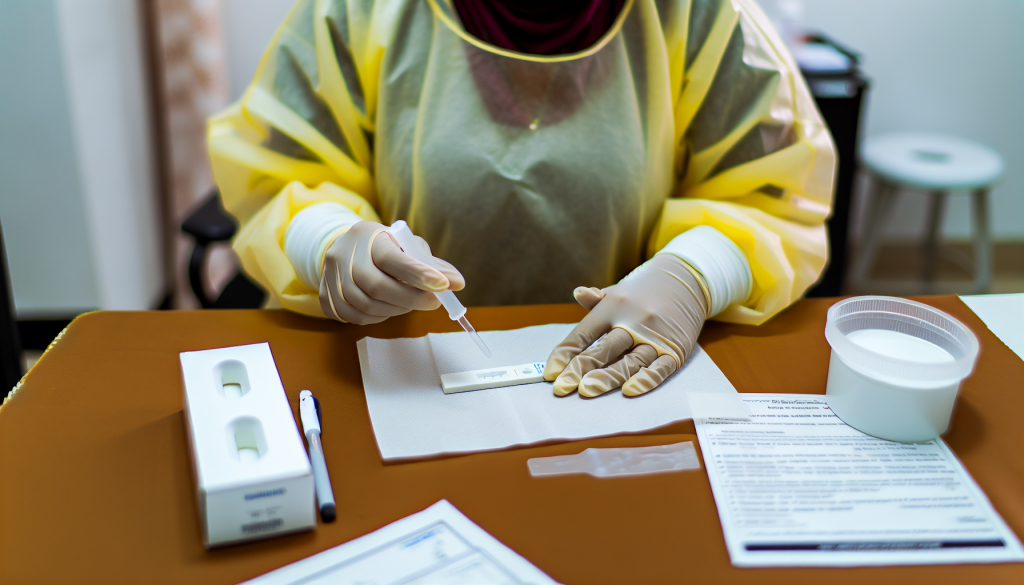Aspirin May Offer the Greatest CRC Risk Reduction for Those in Poor Health

— The impact of aspirin on colorectal cancer risk lessens with healthier living
A prospective cohort study has revealed that the regular use of aspirin is linked to a lower incidence of colorectal cancer (CRC), but this benefit appears more pronounced in those leading less healthy lifestyles.
For healthcare professionals with the most unfavorable lifestyle scores, the 10-year cumulative rate of CRC was found to be 2.12% for consistent aspirin users, compared to 3.40% for those who did not regularly use aspirin. This correlation produced an absolute risk reduction (ARR) of 1.28%, reported Andrew T. Chan, MD, MPH, of Massachusetts General Hospital and Harvard Medical School in Boston, alongside his colleagues.
On the other hand, individuals with the healthiest lifestyle scores showed a negligible difference, with a 1.50% CRC rate among regular aspirin users versus 1.62% for non-users, resulting in an ARR of just 0.11%, as stated in the findings published in JAMA Oncology.
This difference led Chan’s group to estimate that 78 individuals would need to take aspirin for a decade to prevent a single case of CRC in the least healthy group, compared to a much higher number of 909 in the healthiest group.
“These findings suggest the importance of accounting for lifestyle risk factors when identifying individuals who might benefit most from aspirin for cancer prevention,” Chan and his colleagues commented.
In 2016, the U.S. Preventive Services Task Force (USPSTF) recommended low-dose aspirin to prevent CRC for adults aged 50 to 59. However, by 2022, the task force re-evaluated this stance, stating that “there is insufficient evidence that low-dose aspirin decreases CRC risk or related mortality.”
“Therefore, targeting populations that stand to gain the most from aspirin usage is a key focus,” the research team wrote.
The cohort in this study included women from the Nurses' Health Study (spanning 1980 to 2018) and men from the Health Professionals Follow-Up Study (from 1986 to 2018), totaling 107,655 participants. The mean starting age was 49.4 years, and the sample was predominantly white (95-97%). Among the included individuals, about 16-17% had a family history of CRC.
Researchers used a “healthy lifestyle score” based on body mass index (BMI), smoking habits, physical activity, diet, and alcohol consumption. Scores varied from 0 to 5, with higher scores denoting healthier lifestyles. Consistent aspirin usage was classified as two or more standard tablets (325 mg) per week, or at least six low-dose (81 mg) tablets weekly.
Throughout the study, which observed 3,038,215 person-years of follow-up, a total of 2,544 new CRC cases were identified within the entire cohort.
Across the study, those who took aspirin regularly had a 10-year cumulative CRC incidence of 1.98%, compared to 2.95% for non-regular users, translating to an ARR of 0.97%.
After adjusting for multiple variables, the 20-year risk for developing CRC was 4.05% among routine aspirin users, versus 5.56% for those without regular use, giving an ARR of 1.51%.
Additionally, lifestyle components appeared to influence ARR. The largest benefit from aspirin came from those with higher BMIs and smokers.
For instance, the ARR stood at 1.19% for individuals with a BMI over 25, contrasting with 0.56% for those with a BMI of 25 or lower. Similarly, moderate or heavy smokers enjoyed an ARR of 1.20%, while minimal or non-smokers only had an ARR of 0.75%.
However, Chan and his colleagues highlighted some limitations of their research, particularly cautioning that the study population was predominantly composed of white healthcare professionals.
“Because healthcare workers tend to maintain healthier lifestyles, there is a chance that the influence of lifestyle factors may have been undervalued in this study,” the authors concluded.
Acknowledgments
This research received backing from several sources, including the Nurses' Health Study and the Health Professionals Follow-Up Study, alongside support from the American Gastroenterological Association, the MGH Claflin Distinguished Scholar Award, the American Cancer Society, and the MGH/Tianqiao and Chrissy Chen Institute Transformative Scholars Award.
Disclosures from Chan indicated that he has received personal fees from Boehringer Ingelheim, Pfizer, and Freenome.
Original Source
JAMA Oncology
Citation: Sikavi DR, et al. "Aspirin use and incidence of colorectal cancer according to lifestyle risk" JAMA Oncol 2024; DOI: 10.1001/jamaoncol.2024.2503.
